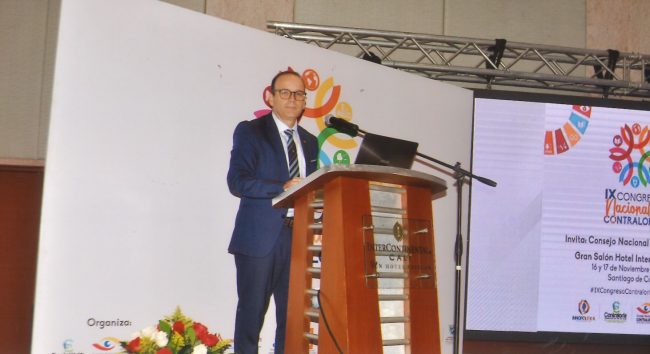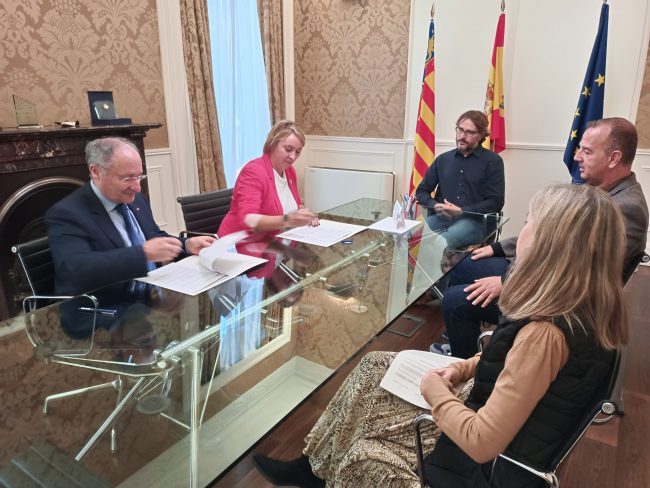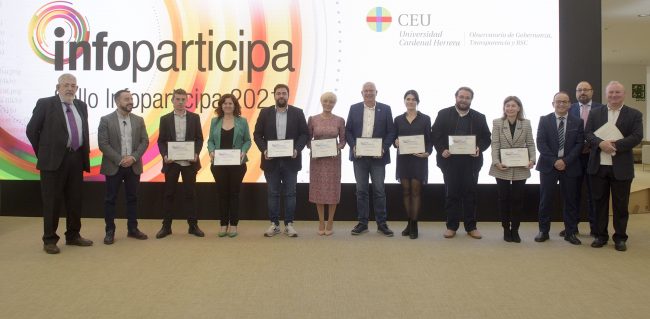Cali, November 16, 2022 .- The Director of Analysis and Research of the Agency, Gustavo Segura, participated in the IX National Congress of Controllers held in Cali (Colombia) on November 16 and 17.
This congress allowed an exchange of good practices and experiences between different agencies responsible for fiscal control, as well as the fight against fraud and corruption.
Throughout the different tables and presentations, different proposals from experts were announced on the strategies that can be undertaken to strengthen citizen participation, as well as existing digital systems so that complaints can be made with full guarantee for people who report corruption.
Among the speakers at the congress were Sandra Morelli Rico, former Comptroller of the Republic of Colombia or Rafael Lafont Piandeta, former magistrate of the Council of State of Colombia.
On behalf of the Valencian Anti-Fraud Agency, the Director of Analysis and Investigation, Gustavo Segura, participated, who presented the work being developed by the Agency and its main lines of work both in investigation as well as in training and prevention.
He also showed how the Agency’s complaints mailbox works as well as the Statute for the Protection of the Person Reporting Corruption since it was the first body in Spain to have a protection system of these characteristics to protect whistleblowers.




